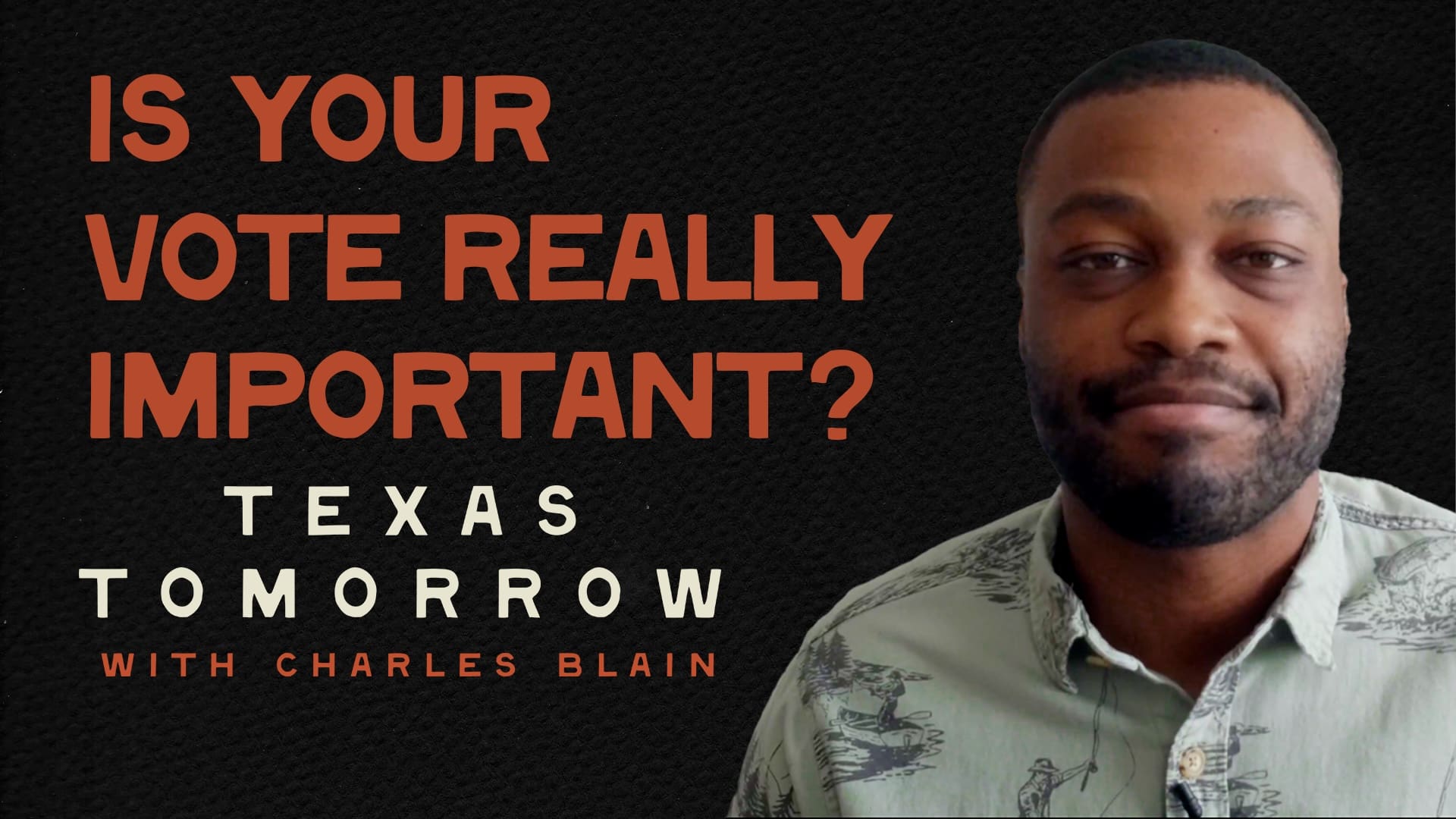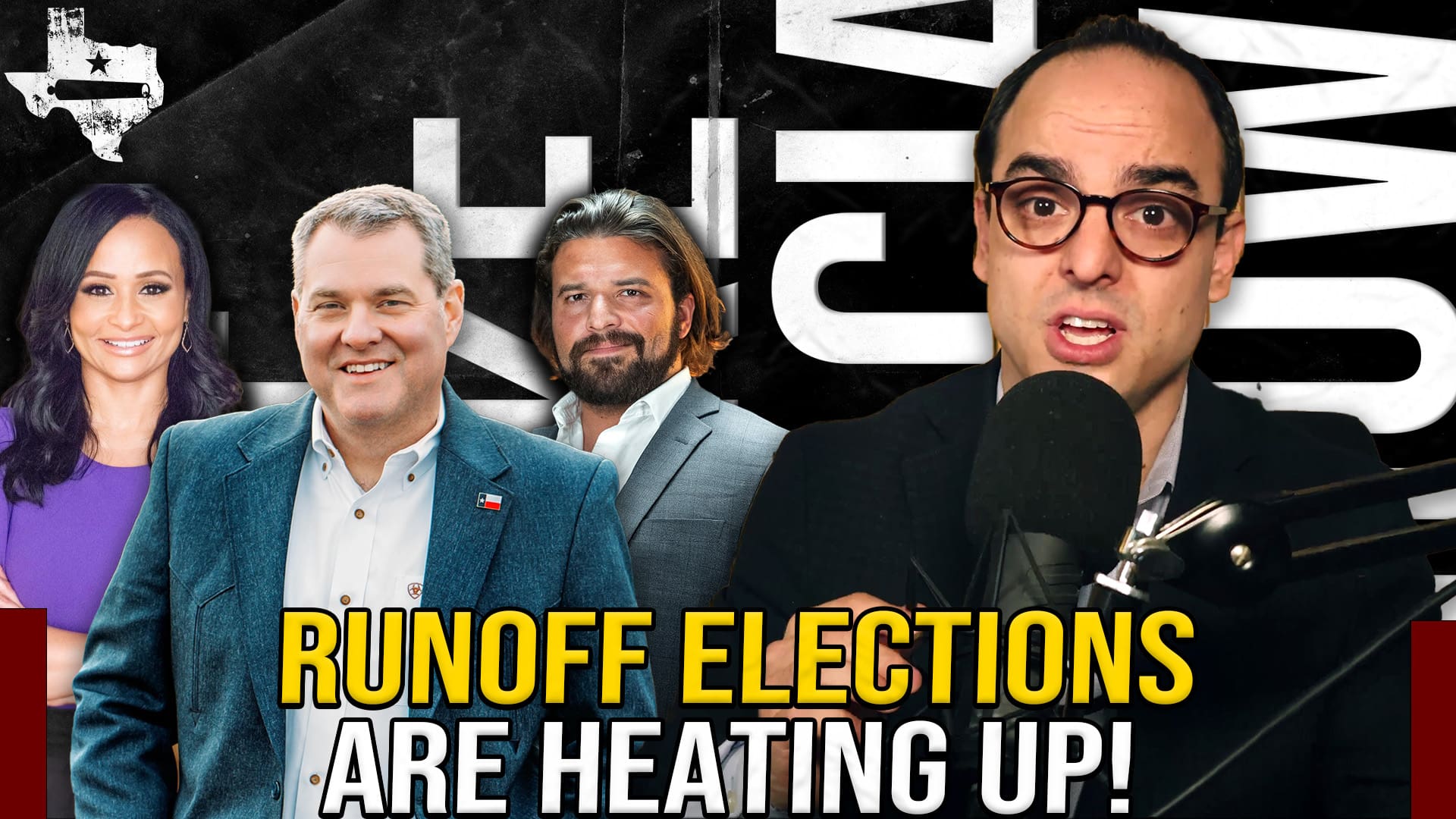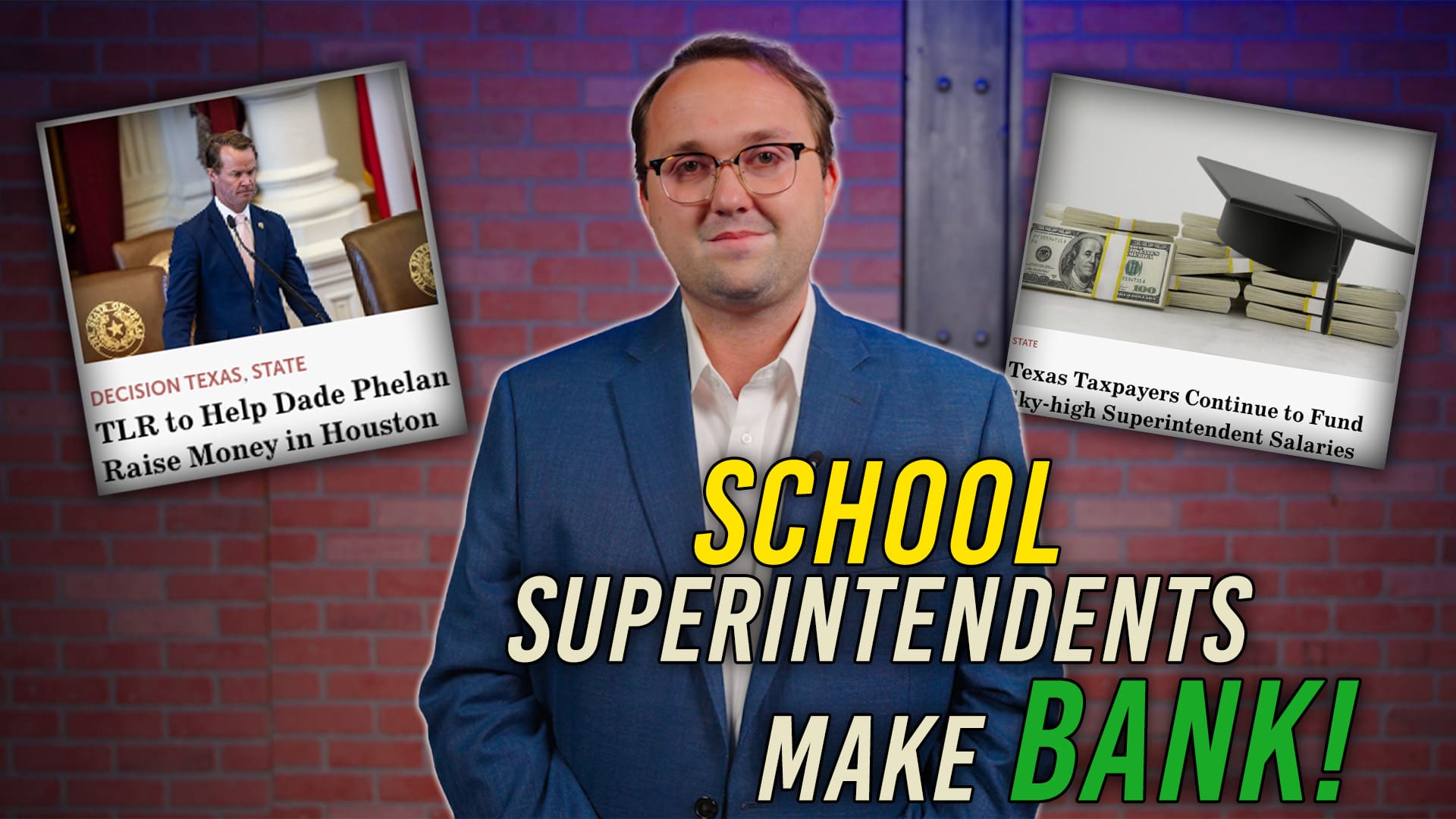Dallas officials dispatched one of the city’s council members to oppose proposals from the Texas Legislature to create roadblocks for cities intent on defunding police. Austin officials, on the other hand, hid behind their interim chief of police while a prominent Democrat redefined “defunding” as “diversion of funds.”
In the wake of Austin City Council defunding its police by $150 million last year, and a majority of Dallas City Council cutting $7 million from their police overtime budget, Gov. Greg Abbott made preventing “local defunding of police” an emergency item for the Texas Legislature.
On Thursday evening, the Texas House State Affairs Committee heard four bills addressing that.
For cities that defund police, House Bill 1900 from State Rep. Craig Goldman (R–Fort Worth) would give areas annexed by those cities within the last 30 years an opportunity to vote to reverse the annexation on the next uniform election date after the governor’s office finds the city has defunded. The city would also be banned from adopting a tax rate above the no-new-revenue rate and would not receive its share of taxpayer dollars collected by the state comptroller. City-owned utilities would also be banned from hiking their rates.
“Two important factors necessary to a republic is voice and exit—the ability to have elected officials hear your voice and, if they fail to respond, the ability exit that situation,” Derek Cohen of Texas Public Policy Foundation’s Right on Crime told Texas Scorecard.
This bill provides for that directly when city councils imperil their citizens [by] chasing social justice orthodoxy instead of providing the most basic of government services: public safety.
In an exchange with Goldman about the bill, State Rep. Donna Howard (D–Austin) redefined “defunding police” as “diversion of funds.”
There is a good reason why some Democrats are changing terms.
“Polling repeated[ly] has shown that ‘defunding the police’ is a losing issue with voters, and the skyrocketing crime rates are a testimony to why that is,” Cohen said.
“Defunding means defunding,” said Joell McNew of Safe Horns, a nonprofit composed of parents and students, among others, committed to improving safety at the University of Texas at Austin after the sexual assault and murder of freshman Haruka Weiser in 2016.
Also considered were House Bill 3151 from State Rep. Ben Leman (R–Iola) and HB 2362 from State Rep. Cody Harris (R–Palestine). The former would merely give the governor the power to declare a city has defunded their police, while the latter would ban cities that defund police from increasing spending, except for money from bonds, grants, donations, or gifts.
Last was House Bill 1950 from State Rep. Shelby Slawson (R–Stephenville), which would give the governor power to declare an area “a law enforcement and public safety zone” with a board of directors to “direct all law enforcement activities and public safety services in the zone.” The governor could only declare a zone in counties with a population of more than a million and less than 1.5 million.
The comptroller would also take a city’s share of taxpayer dollars collected by the comptroller and redirect that to the zone to fund public safety. The zone could also take on debt.
“These three bills all get at the frustration felt when cities like Austin move to fund leftist social programs that have no bearing on crime whatsoever,” Cohen said. “All three bills raise the question: If a local government consciously chooses virtue signaling over the most basic function of government—public safety—why bother with it at all?”
Dallas Councilmember Lee Kleinman, chair of the City of Dallas Legislative Committee, spoke for the city government in opposing efforts by the Legislature to hold local officials accountable.
Mayor Eric Johnson was among the four votes against cutting the city’s police overtime budget last year, while Kleinman was part of the council majority that voted for it.
“Our concerns are our city council wants to have the flexibility that we believe is our duty to set our budget,” Kleinman told committee members.
State Rep. Richard Raymond (D–Laredo) was having none of Kleinman’s argument. “It’s just not going to work up here, man.”
“They need to invest more in the police department in Austin, Texas,” he later added, “based on the personal experience of the loss of my son.”
Unlike Dallas, no member of Austin City Council, nor the mayor, came to oppose the bills. Instead, they dispatched interim Austin Police Chief Joe Chacon.
“I do not like the idea of decreasing the police budget,” he told committee members. “What I don’t like about the bills is it takes local control away from the locals.”
Raymond asked Chacon if he’d like to be the permanent Austin Chief of Police.
“I think this is really distasteful. We don’t have a mayor, we don’t have a city council member on such an important issue … very candidly, were it not for the actions of the Austin City Council, we wouldn’t be here today,” Raymond said. “I find it very distasteful they sent a uniform up here.”
When the city council took their actions, it was just stupid.
Others shared his opinion.
“Crime has escalated so much,” McNew told committee members. “How many times are we going to take money out of the APD budget and not keep Austin safe?”
Chacon did admit there are currently serious issues within the Austin Police Department.
“We’re seeing a higher-than-regular attrition rate,” he said. “The police department is shrinking. That’s a problem.”
What’s more, the left may not have given up on pushing to defund police in Texas.
“They have stated publicly their four-year goal is dismantling the police department,” McNew told committee members about the Austin far-left. “With the new, reimagining public safety task force preparing their demands for the next budget, it’s going to get worse, not better.”
All bills were left pending in the State Affairs Committee.
Concerned citizens may contact their state representative and keep track of these bills using Texas Legislature Online.





